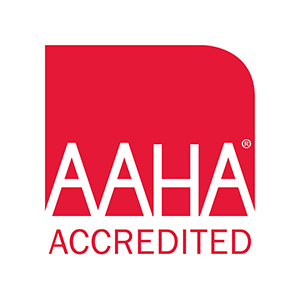
More than 100,000 dogs and cats are accidentally poisoned in their own homes every single year. Many of the items, including food, medications, and household products that are perfectly safe for humans can cause severe reactions, irreparable damage, and even death in our furriest family members.
Poison Prevention week is coming up on March 21-27! It’s vital that dog owners be aware of the dangers lurking in their own cabinets and take steps to prevent a tragic event.
Human Prescription Medications:
The three most common human prescription medications responsible for illness and death in dogs include anti-inflammatory and pain medications, antidepressants, and blood pressure medication.
Pet parents should make a habit of always storing prescription medications well out of reach of curious canines, safely tucked into medicine cabinets or locked in a medicine safe.
Insecticides (Including Flea & Tick Preventatives):
Many household insecticides, like ant or spider killer, roach bait, and the like are effective at killing insects because of the poison they contain. This same poison makes them dangerous for use around pets.
When shopping for insect killer or repellent, look for products that are labeled pet safe. Always place insect baits and traps well out of reach of your dog. And, when hiring a pest control service, be sure to inquire about the safety of their products for all pets in the home.
Over-the-Counter Human Medications/Supplements:
The most common culprits are NSAIDS (non-steroidal anti-inflammatories) like Ibuprofen (Advil), acetaminophen (Tylenol), and naproxen (Aleve). While these poisonings are often accidental ingestion by a curious pup, other instances occur when a well-meaning pet parent gives their dog an OTC pain pill without realizing the lethal side effects.
Under absolutely no circumstances should a dog be given human over-the-counter medication unless specifically instructed by a veterinarian.
Household Products:
This category of products includes a broad range of causes of accidental poisoning, from cleaners and laundry detergents, to antifreeze, paint-thinners, toilet bowl cleaning tablets, and pool chemicals, the average home is well-stocked with dangerous, even deadly, household products.
When using household products, always make sure the room is well-ventilated and keep pets in another area of the house while in use. Keep all such products well out of reach of pets and consider dog-proofing the home with cabinet and drawer locks to keep curious canines from gaining access.
Plants:
Among the most common toxic plants are the Sago palm, azaleas and rhododendrons, tulips and daffodils, oleanders, certain varieties of ivy, lilies, and hundreds more. In addition to the plants themselves, standing water and plant foods in planters and pots can pose a serious health risk if ingested.
Rodent Poisons:
Instead of using rat poisons in and around the home, opt for pet-safe, poison-free traps or ultrasonic rodent repellers to keep rodents and rodent poison safely away from your dog. In addition, even if you don’t use rodent poisons in your own home, it’s still possible for a rodent that’s been poisoned by a neighbor to make its way into your yard. Always monitor your dogs while they’re outside, especially at night when rodents tend to be most active.
Lawn & Garden Products:
Common sources of poisoning by lawn and garden products include fertilizers, weed killers, insect sprays, and can even include certain mulches and plant foods.
When designing and maintaining your lawn and garden, look for products that are labeled safe for pets or limit your dog’s access to areas of the lawn that have been treated.



